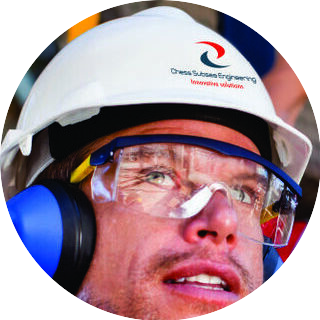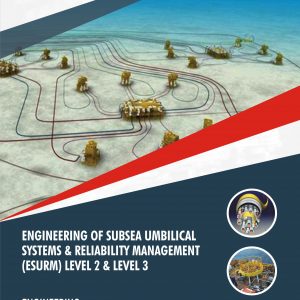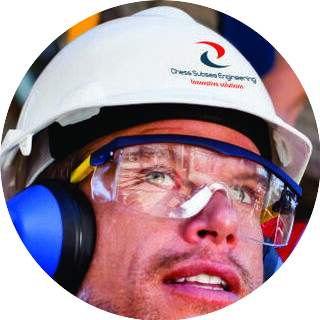Description
Global Analysis Standard (GAS) is a set of guidelines and best practices used in the offshore oil and gas industry for the design and analysis of riser systems. Riser systems are used to transport hydrocarbons and other fluids from subsea wells to production facilities on the surface. The GAS guidelines provide a standardized approach to the design and analysis of riser systems, which helps ensure that the systems are safe, reliable, and efficient. The guidelines cover a range of topics, including the design criteria, material selection, installation and maintenance procedures, and the use of advanced analysis tools and techniques.
GAS guidelines are developed and maintained by a group of industry experts from major oil and gas companies and engineering firms. The guidelines are periodically updated to reflect the latest advancements in technology and best practices. GAS guidelines provide a comprehensive framework for the design and analysis of riser systems that helps ensure that the systems meet the required safety and performance standards. The guidelines cover all aspects of riser system design, including the structural, hydrodynamic, and thermal aspects of the system.
The GAS guidelines also provide recommendations for the use of advanced analysis tools and techniques, such as finite element analysis (FEA) and computational fluid dynamics (CFD), to model and analyze the behavior of riser systems under various load scenarios.
Introduction to Global Analysis Standard Riser Systems (IGASRS) Level 1 & Level 2 covers Theories Of Riser Systems, Typical Layouts & Configurations Of Risers, Riser System Floaters & Platforms, Riser Analyses & Methodology, Design Codes & Standards for Risers, Environmental Loads & Load Conditions, General Environmental Loads Current & Wave Theory, Current & Wave Loading Vessel Motions, Meteocean Data and more.
Outlines
Section 1: Introduction to Riser Systems Concepts
Section 2: Typical Layouts & Configurations of Risers
Section 3: Riser System Floaters & Platforms
Section 4: Riser Systems Material Selection
Section 5: Design Codes Application & Standards for Risers
Section 6: Current & Wave Loading Vessel Motions
Section 7: Global Analysis, Current & Wave Loading
Section 8: General Environmental Loads Current & Wave Theory, Load Combinations
Section 9: Global Fatigue Analysis, Calculations & Application
Section 9: Meteocean Data, Measurements & Design Applications
Assessment
Participant underpinning knowledge of Introduction to Global Analysis Standard Riser Systems will be accessed with short answer multiple-choice questionnaire and real time SURFs layers design and verification case studies at the conclusion of the course.
Outcome
Participants will gain an in debt understanding of Introduction to Global Analysis Standard Riser Systems. They will also be able to function with minimum supervision as a Subsea SURFs Engineer for IOCs, subsea pipeline company contractor, vendor or installation company.
Professional Certificate
Issued directly by Chess Subsea Engineering Europe.
Participant may be presented for Offshore Petroleum Training Organization (OPITO) Certification.
How to Register
Click here to download registeration booklet on msword and email completed booklet to info@chesssubseaengineering.org directly.










